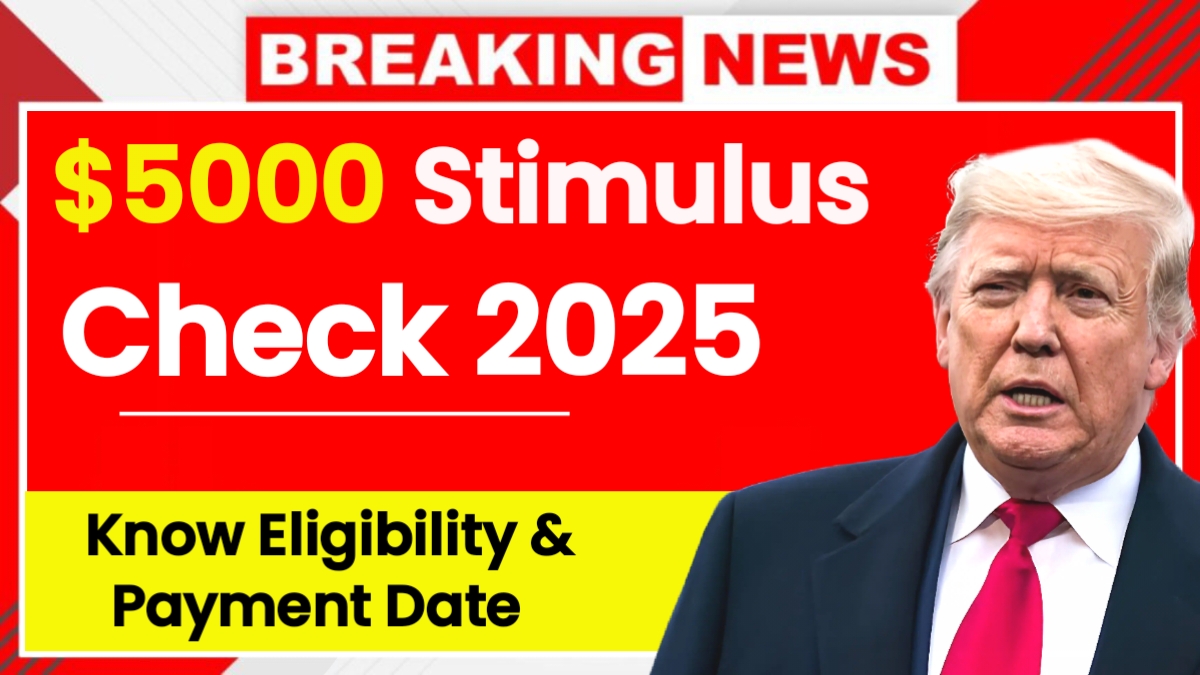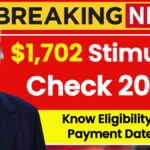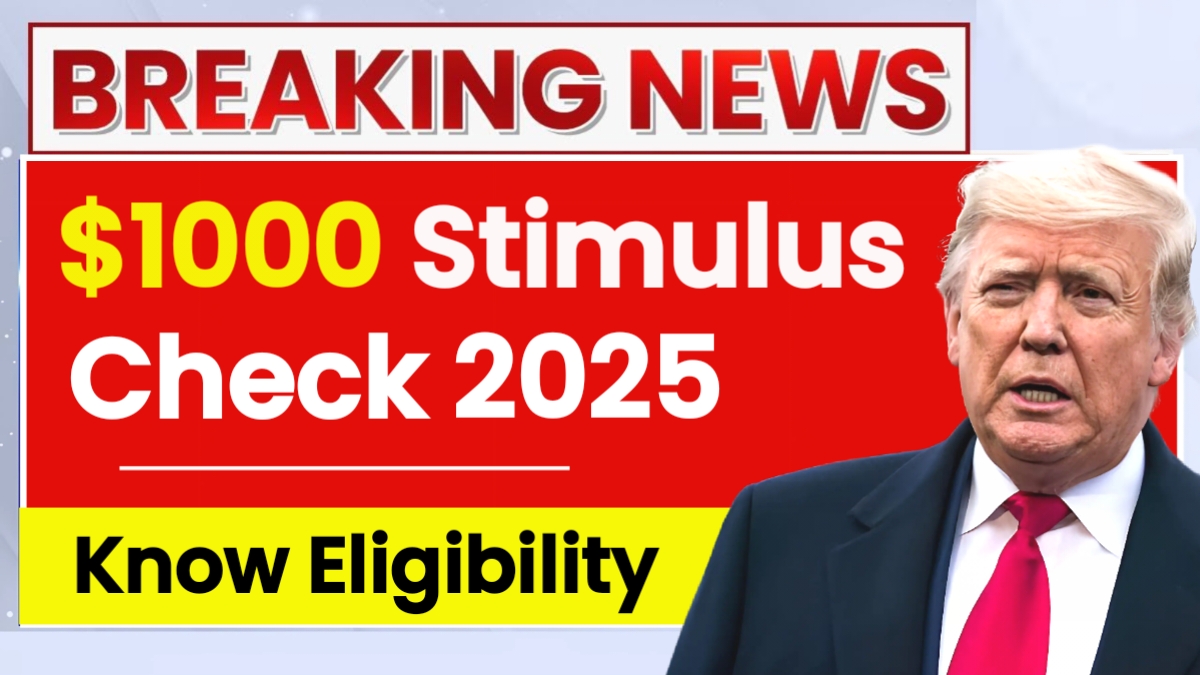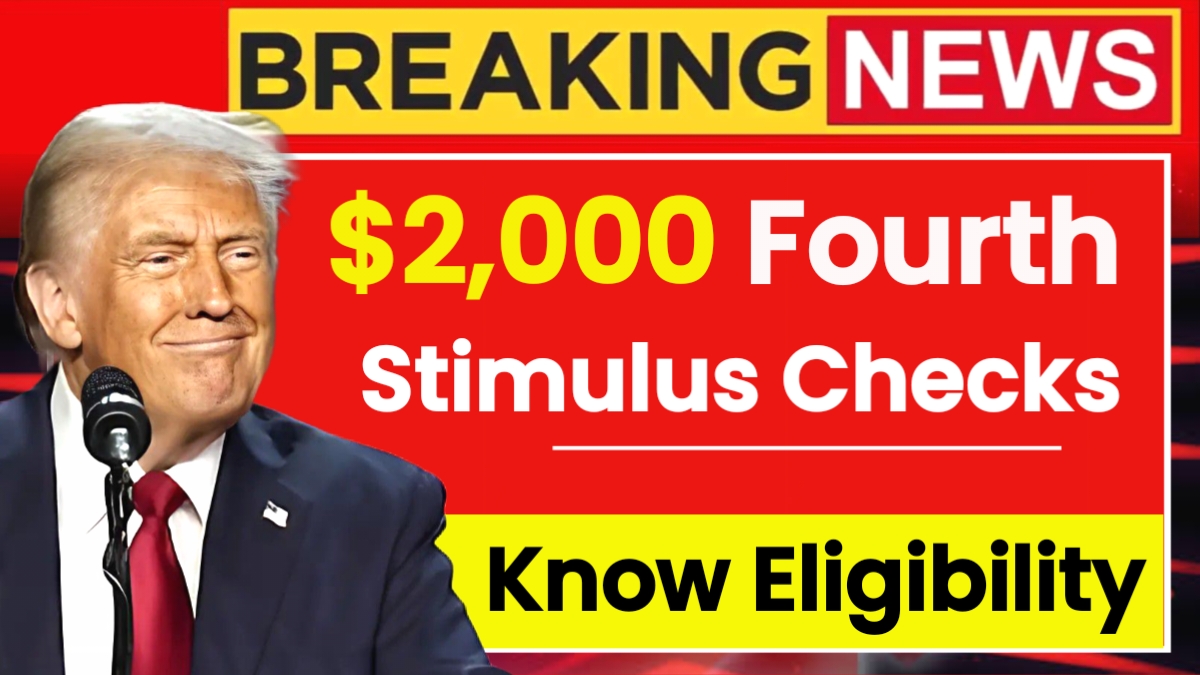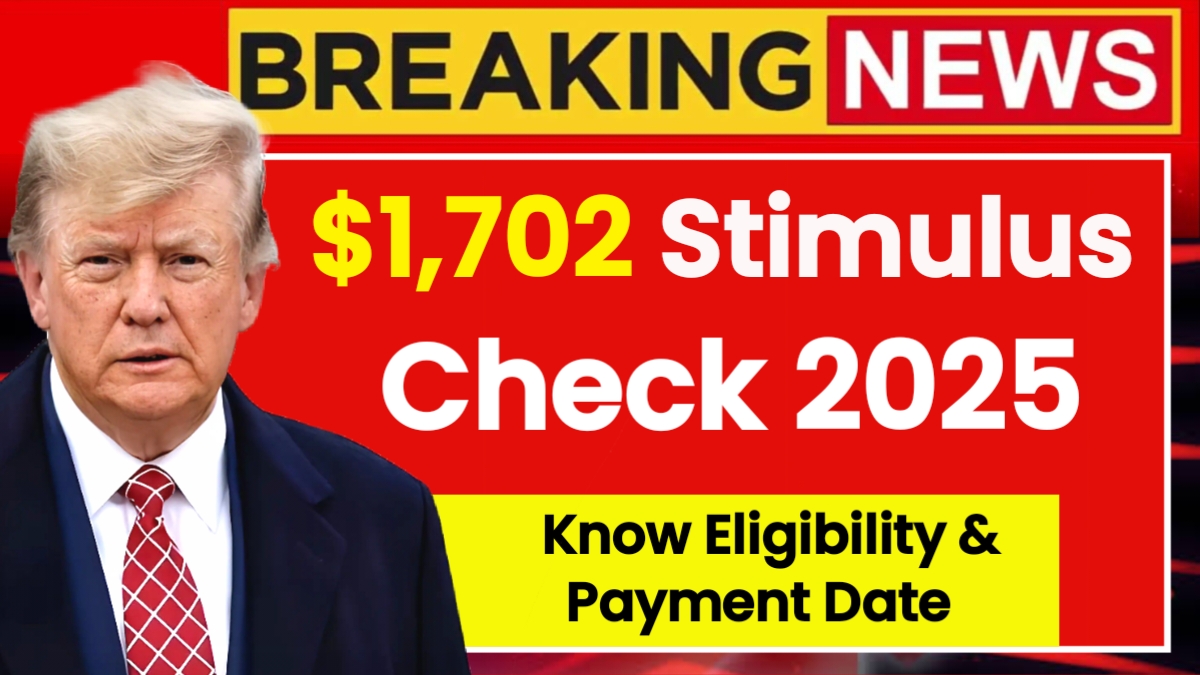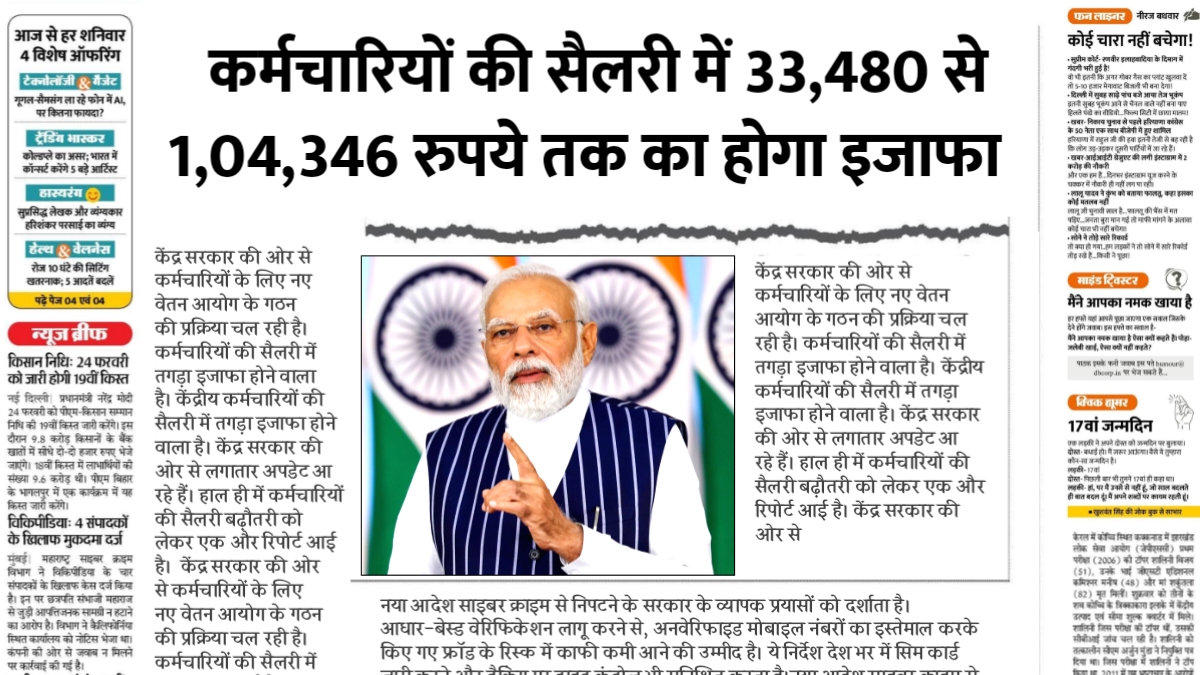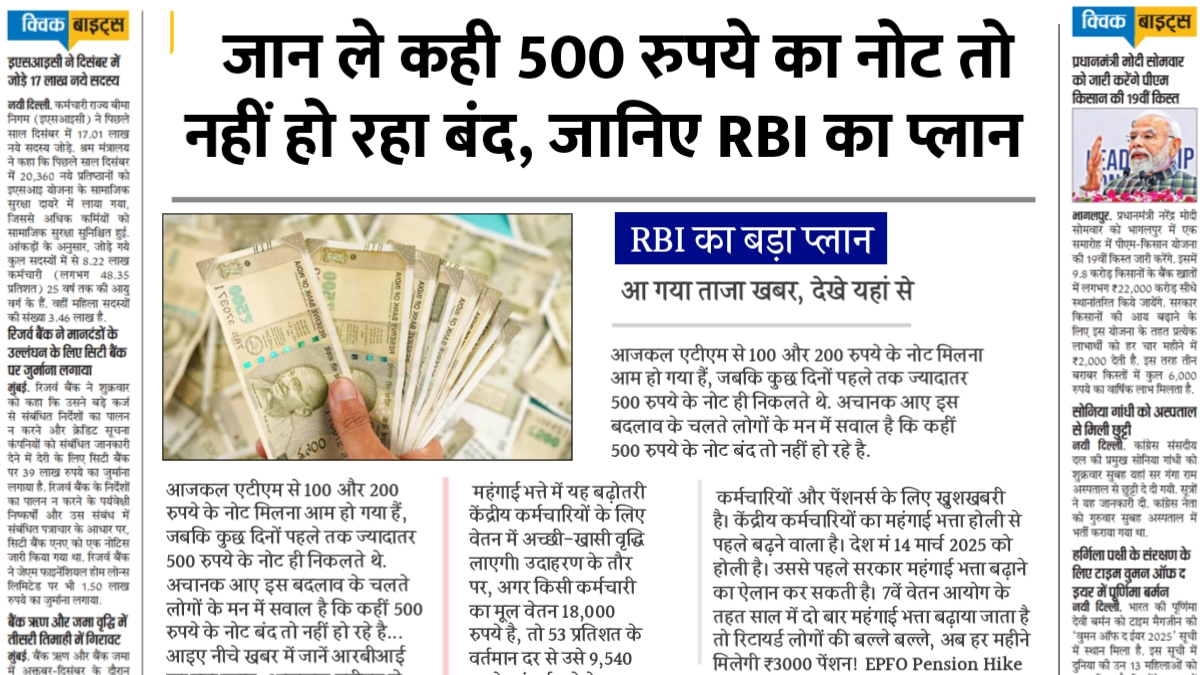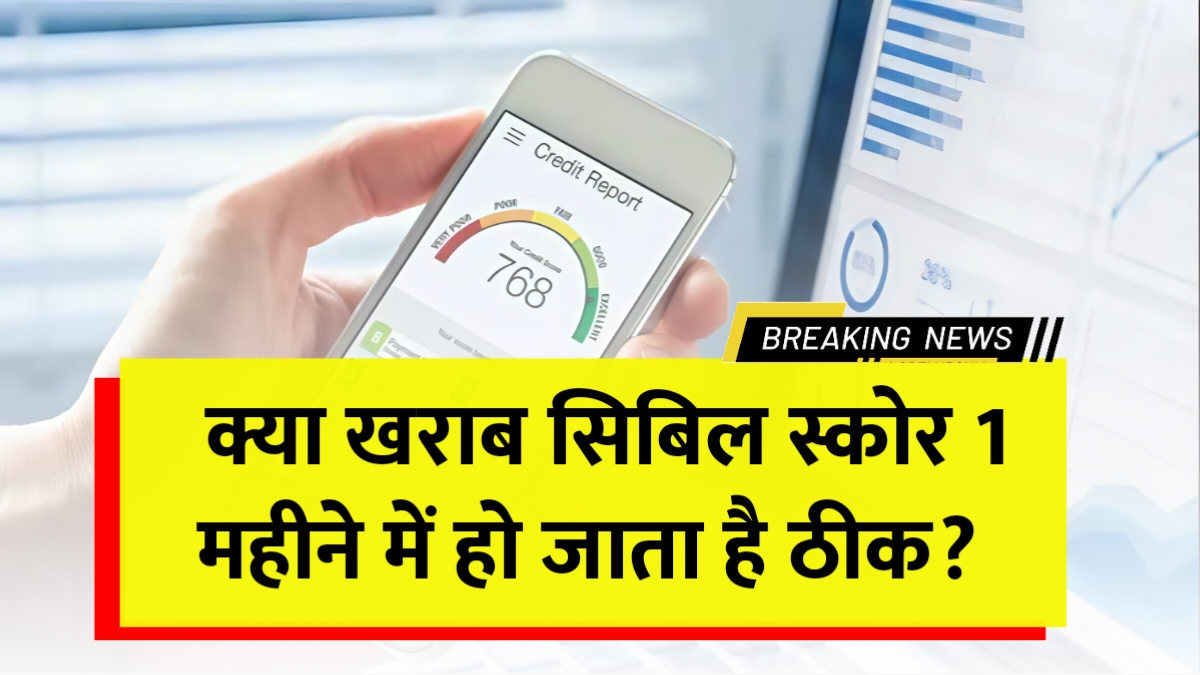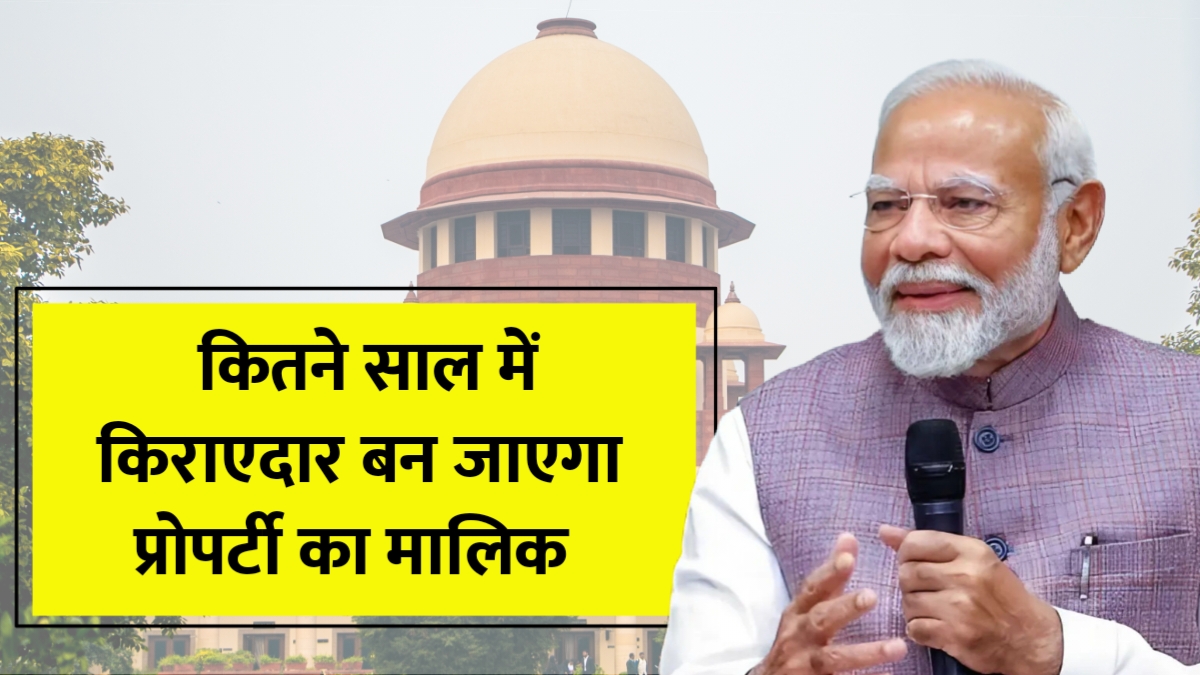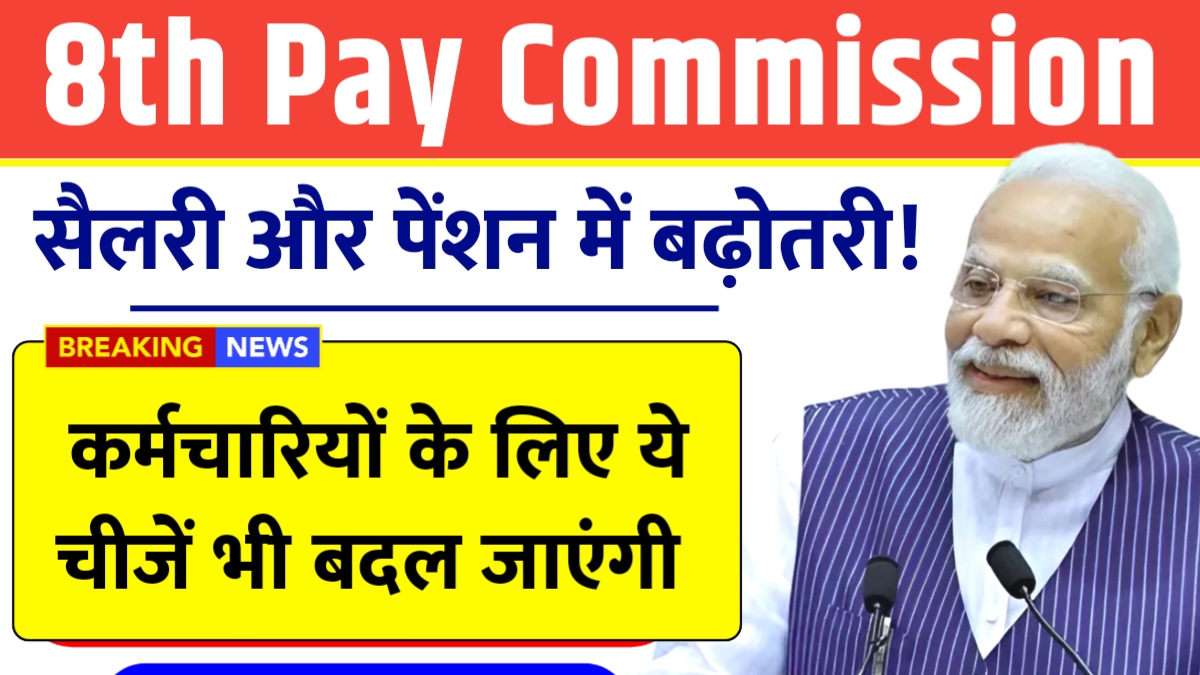$5,500 Stimulus Checks in June 2025: In 2025, the U.S. federal government and various state governments are operating several programs to provide financial assistance to their citizens. While the large stimulus checks from the COVID-19 pandemic have ended, some legitimate assistance programs remain available. This article provides information about real and verified government assistance programs based on official sources.
The economic landscape has changed significantly since the pandemic era, and many Americans are still seeking financial relief. It’s crucial to understand which programs actually exist and which are merely rumors or misinformation. We’ll explore the current state of government assistance and help you navigate the complex world of federal and state benefits.
IRS Final Stimulus Payments
The Internal Revenue Service (IRS) announced in December 2024 that they would send automatic payments to 1 million taxpayers who did not claim the Recovery Rebate Credit in 2021. These payments were completed by January 2025, providing up to $1,400 per person. If you hadn’t filed a 2021 tax return, the deadline to claim this credit was April 15, 2025.
This represented the final pandemic-era relief payments, and no new federal stimulus check programs are currently active. According to the official IRS website, all three rounds of Economic Impact Payments have been completed. The agency has made it clear that the Get My Payment application is no longer functional, and most eligible individuals have already received their payments.
For those who missed out on earlier payments, the Recovery Rebate Credit was available on 2021 tax returns. The credit amount depended on your adjusted gross income, with full benefits available to single filers earning up to $75,000 and married couples filing jointly earning up to $150,000. The payments were reduced for higher incomes and completely phased out at $80,000 for singles and $160,000 for married couples.
State Government Tax Rebate Programs
Virginia State Tax Rebate
Virginia has announced a new tax rebate program for 2025 that will provide significant relief to eligible taxpayers. Under this program, qualified taxpayers will receive rebates based on their filing status. Individual filers can receive up to $200, while joint filers may receive up to $400. The payments will begin in July 2025, and eligibility requires filing a 2024 state tax return.
The purpose of this program is to return the state’s surplus revenue to taxpayers who have contributed to it. Payments will go to those who have state income tax liability after applying credits. If you set up direct deposit when filing your taxes, the money will go directly to your bank account; otherwise, you’ll receive a paper check by mail.
The Virginia Department of Taxation has created an online lookup tool that allows residents to check their rebate status and verify payment amounts. This tool helps prevent payment delays and ensures that eligible taxpayers receive their full rebate amount. The program reflects the state’s strong financial position and commitment to returning excess funds to residents.
Pennsylvania Property Tax Relief Program
Pennsylvania continues its “Property Tax/Rent Rebate” program, which provides substantial relief to qualifying residents. Under this program, eligible residents can receive rebates of up to $1,000. To qualify, you must be at least 65 years old, a widow or widower aged 50 or older, or a person with disabilities aged 18 or older.
The program has an annual income limit of $45,000 for both homeowners and renters, with 50% of Social Security benefits excluded from this calculation. This makes the program accessible to many seniors and disabled individuals who might otherwise struggle with property tax or rent costs. The rebate amount depends on your income level and whether you own or rent your home.
Applications for the 2023 Property Tax/Rent Rebate were due by December 31, 2024. The program has been consistently funded, and Pennsylvania law requires the Department of Revenue to evaluate the program before the June 30 deadline each year. If additional funds are available, the deadline can be extended to December 31.
California Local Programs
California hosts the Sacramento Family First program, which serves as a pilot program for universal basic income concepts. This initiative provides monthly payments of $725 to 200 low-income families through November 2025. While this is a small-scale pilot program, it could influence future statewide or national basic income models.
The California Middle Class Tax Refund program, which provided payments ranging from $200 to $1,050, has concluded. This program benefited nearly 32 million California taxpayers and their dependents, with most payments distributed between October 2022 and mid-January 2023. The California Franchise Tax Board has stated that no additional payments will be issued under this program.
California continues to explore various forms of financial relief for residents, particularly those affected by natural disasters and economic hardship. The state’s high cost of living makes such programs particularly valuable for working families and individuals struggling with housing costs and basic necessities.
Warning About Misleading Claims
Many misleading claims about $5,500 or $5,000 stimulus checks are circulating on the internet. These claims are often connected to the so-called “DOGE Dividend” program, but there is no official confirmation of such a program. Neither the U.S. government nor the IRS has announced any such initiative.
The truth is that no new federal stimulus program has been approved by Congress. Currently, only state-level tax rebates and local assistance programs are available. The Department of Government Efficiency (DOGE) mentioned in these rumors is not an operational federal agency with the authority to distribute payments. Any claims about $5,500 payments should be viewed with extreme skepticism.
These false claims often gain traction on social media platforms where misinformation can spread rapidly. Some fraudulent websites have been created to collect personal information from people hoping to receive these non-existent payments. It’s essential to verify any financial assistance claims using only official government websites with .gov domains.
Verification and Safety Tips
When seeking information about any government assistance program, follow these important safety guidelines. Only trust official government websites that end with .gov domains. These sites are verified and maintained by legitimate government agencies. Don’t believe rumors spread on social media without official confirmation from government sources.
Never share your personal or financial information on unauthorized websites or with unknown callers. Legitimate government programs will never ask for your bank information over the phone or through unsolicited emails. If a real program launches, it will be announced through major news outlets and official government press releases.
Be wary of websites that ask for fees to help you apply for government benefits. Legitimate government assistance programs are free to apply for, and any site charging fees is likely fraudulent. When in doubt, contact the relevant government agency directly using contact information from their official website.
Create accounts with official government websites like IRS.gov to monitor your tax status and any legitimate payments. These secure portals provide accurate information about your eligibility for various programs and the status of any payments you might be owed.
Current Economic Assistance Landscape
The economic assistance landscape in 2025 is significantly different from the pandemic era. Federal stimulus payments have ended, but various forms of targeted relief continue at the state and local levels. Many states are using budget surpluses to provide tax rebates and other forms of financial assistance to residents.
State-level programs often focus on specific needs like property tax relief, utility assistance, or support for families with children. These programs vary widely by state, and eligibility requirements can be quite different from federal programs that typically had more uniform criteria.
Local municipalities and counties also operate assistance programs, often targeting specific populations or addressing local economic challenges. These might include rental assistance, utility bill help, or small business support programs that indirectly benefit workers and families.
How to Stay Informed
To stay updated on legitimate government assistance programs, bookmark official government websites and sign up for their newsletters or alerts. The IRS, your state’s department of revenue, and local government websites are the best sources for accurate information about available programs.
Follow reputable news sources that cite official government announcements rather than relying on social media posts or unofficial websites. Major news outlets typically verify government programs before reporting on them, providing an additional layer of fact-checking.
Consider consulting with tax professionals, social workers, or financial advisors who stay current on available assistance programs. These professionals can help you understand eligibility requirements and application processes for legitimate programs in your area.
Legitimate government assistance programs in 2025 are primarily available at the state level. The IRS’s final stimulus payments have been completed, and no new federal program exists. States like Virginia, Pennsylvania, and California are operating local tax rebate and assistance programs that provide real benefits to eligible residents.
We urge all readers to rely only on verified information and avoid misleading claims about non-existent federal stimulus programs. When seeking financial assistance, be patient and use official sources for accurate information. If you’re a resident of any state, check your state’s tax website for available programs and their specific eligibility requirements.
The key to accessing legitimate assistance is staying informed through official channels and being skeptical of claims that seem too good to be true. While the days of large federal stimulus checks may be over, various forms of targeted assistance continue to be available to those who need and qualify for them.
Disclaimer
This information is for educational purposes only and is based on official government sources. Before applying for any government program, contact the relevant authorities and confirm eligibility requirements. Consult with a qualified financial advisor before making any financial decisions. Always verify information through official government websites ending in .gov before taking any action related to government assistance programs.
